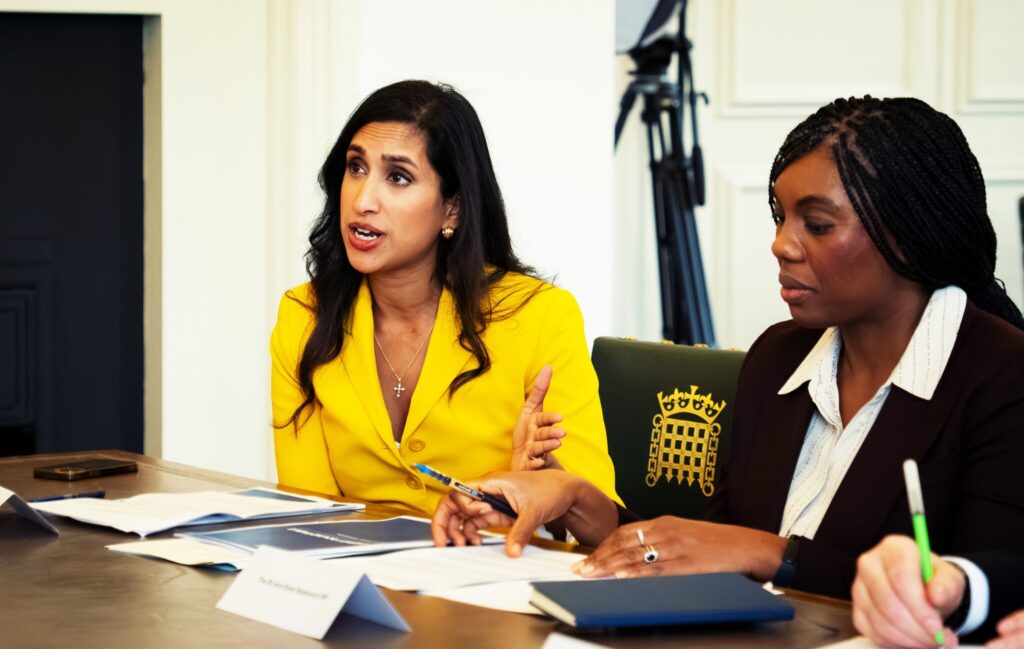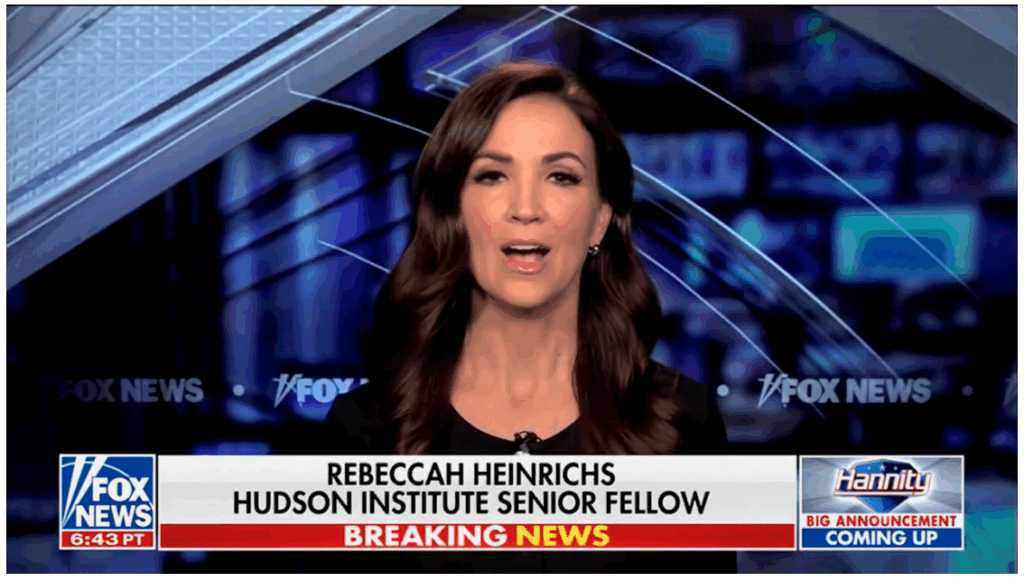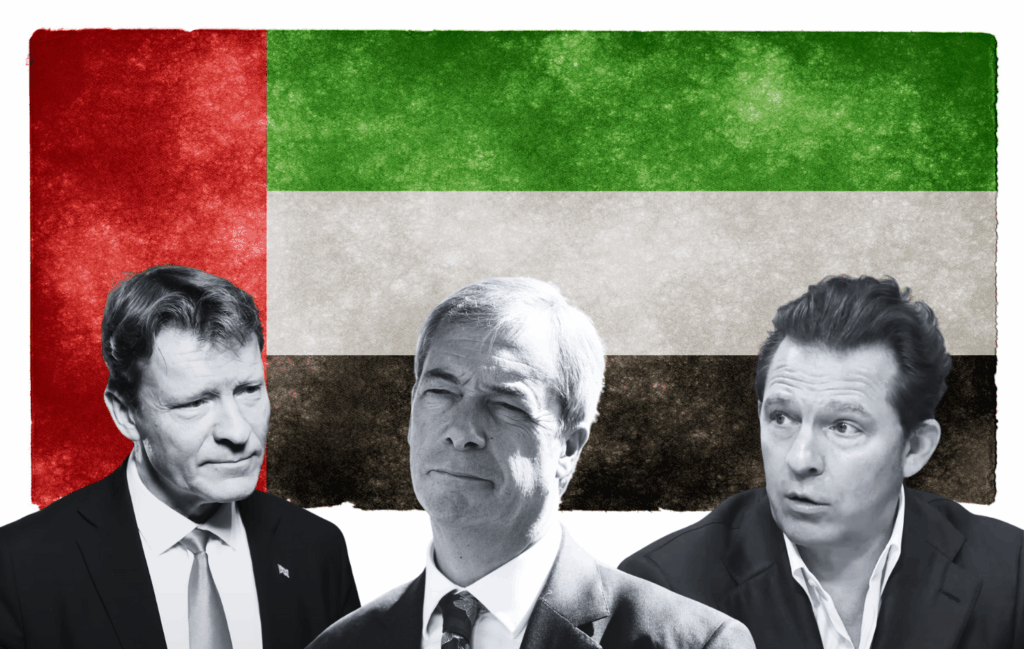White House Says No Change on US Carbon Strategy Planetark.org, Sept. 29, 2006
NEW YORK – The Bush administration has no plans to ease its opposition to national limits on greenhouse gas output despite talk that a change may be under consideration, a White House spokeswoman said on Thursday.
“The president has said continually said that one of reasons he doesn’t like a mandated cap is because it has the potential to move jobs overseas and hurt the economy,” said Kristin Hellmer, spokeswoman for James Connaughton, the chairman of the White House Council on Environmental Quality. Growing concerns about global warming have prompted California, Arizona and seven Northeastern states to take steps to bypass President George W. Bush and set their own greenhouse limits. Bush pulled out of the 163-nation Kyoto Protocol on global warming in 2001, saying it would hurt the economy and unfairly left rapidly developing countries like China and India without limits on emissions. A national cap on emissions would mean heavy industries in the United States, the world’s top emitter of greenhouse gases, might have to make big decisions, like investing in alternative energy or clean-burning natural gas. Hellmer said Bush is sticking with his 2002 plan calling for voluntary reductions, with an eye to trimming greenhouse emissions intensity – or emissions per unit of economic output of the US economy – by 18 percent by 2012. “If we’re not meeting (the emissions intensity) goal, (Bush) has always said he will look at new policies and new ideas,” Hellmer said. “But now we are on track to meet that goal.”
Critics of Bush’s voluntary greenhouse plan say it is too lenient to industry, especially as overall US greenhouse gas emissions have risen 13 percent since 1990.
Subscribe to our newsletter
Stay up to date with DeSmog news and alerts





